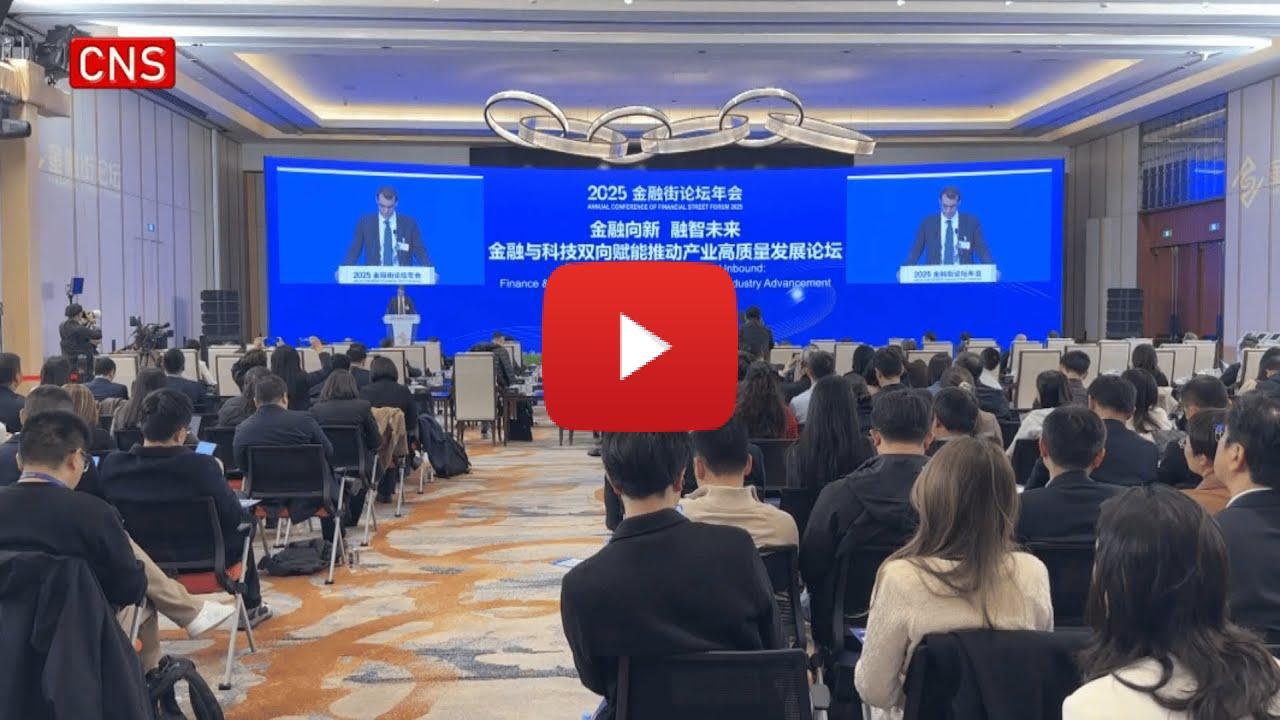
Financial Street Forum Held In Beijing, Foreign Consumers Discuss New Trend Of Turning To China For Products
The core area of Beijing's Financial Street, covering an area of 2.59 square kilometers, has witnessed and carried the process and achievements of China's financial reform and development over the past three decades since it was approved by the State Council of China to be built as a national financial management center. As an important platform for the country's opening up and development, the Financial Street Forum has been seen as a barometer of China's financial reform and development. This year, top leaders of China's financial sectors once again gathered at the opening ceremony of the conference, responding to hot issues from the outside world regarding the current situation of China's economic development and the trends of the financial market.
At this year's meeting, a new consumption trend has drawn attention. In recent years, the once-common practice of Chinese shoppers who buy goods overseas and resell them in China, known as daigou in Chinese, has given way to a new trend: more and more international consumers are now buying products from China to take home. This wave is rapidly emerging as a new force in global consumption.
Technology products have become the main items for foreigners to purchase in China. For instance, wireless headphones and phone cases are all bestsellers. Sheikh Fayaz Ahmad, an assistant professor at Zhejiang University International Business School, said in an interview that China has many economical and innovative products, such as vacuum cleaners and basic medical equipment, which he often bought when returning to India from China.
See also Hotel Artz Fair Unveils Global Lineup Featuring Basquiat Showcase and ULTRAMAN's First-Ever Art Collaboration Outside JapanMa Qing, Chief Representative of the Asia Pacific Region and Head of China Research of the Institute of International Finance (IIF), believed that international consumers buying products from China is actually a form of arbitrage, and the space for arbitrage depends on the price gap. The current situation might be like this: after the United States raised tariffs, the prices of goods in the United States are much higher than those in China, so people buy goods in China and take them to the United States.
Legal Disclaimer:
MENAFN provides the
information “as is” without warranty of any kind. We do not accept
any responsibility or liability for the accuracy, content, images,
videos, licenses, completeness, legality, or reliability of the information
contained in this article. If you have any complaints or copyright
issues related to this article, kindly contact the provider above.


















Comments
No comment